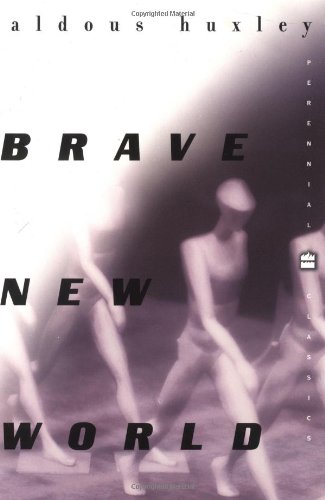In the labyrinthine prose that is Milan Kundera's hallmark, "The Book of Laughter and Forgetting" unfolds as a complex tapestry of narrative, philosophy, and poetic reflection. It is a novel that defies easy categorization, straddling the delicate line between the deeply personal and the universally human. Through a series of interlinked stories, Kundera explores the themes of memory, oblivion, the whimsical nature of laughter, and the oppressive weight of forgetting. Each tale serves as a window into the lives of characters who are as deeply flawed as they are endearingly human, their fates intertwined by the shared struggle against the erasure of history and self. Kundera's masterpiece is an ode to the fragility of the human condition, a meditation on the power of the past to shape our present and future. With a narrative that moves seamlessly between the political and the personal, "The Book of Laughter and Forgetting" is both a poignant exploration of the loss of innocence in a world marred by political upheaval and a celebration of the resilience of the human spirit. As the characters navigate their way through love, betrayal, and despair, they are constantly challenged by the question of what it means to remember and what it means to forget. This novel is not just a story; it is an experience—a profound examination of the acts of laughter and forgetting, and how they define our humanity.
2
recommendations
recommendation
Similar recommendations
View all









This site is part of Amazon’s Associates Program. Purchasing books recommended by successful individuals through my links earns us a small commission, helping keep the site running, at no additional cost to you. Thank you for supporting our site!


